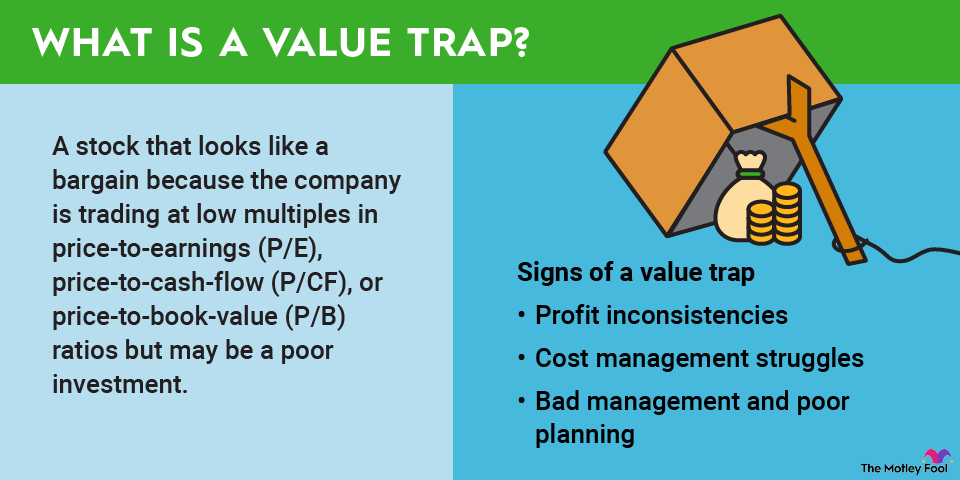You've heard the term "venture capital" bandied about, especially if you've tuned into shows like Shark Tank. But what exactly is venture capital, and why do so many fast-growing start-ups rely on this cash source?

What is venture capital?
Venture capital (VC) is a form of financing through private equity. VC investors fund start-ups and small businesses, betting the target company will develop into a successful business. This is an essential and popular funding method and part of the backstory for many of today's industry leaders.
Why venture capital matters
VC is often the lifeblood of start-up businesses. It provides the necessary funding for innovation, job creation, and market disruption. Think of it as the nutrient-rich soil that helps sprout groundbreaking start-ups.
The cash raised in VC funding rounds can accelerate innovation through supporting research projects, hiring the right people, building a business infrastructure, and generally focusing on activities that create long-term value.
Returns
On the other side of the table, it's a way for investors to swing for the fences by backing the best start-ups early on. The earlier you bet on a future market darling, the greater your returns on that investment can grow.
The investors often want a say in how the target company is run, typically installing a seasoned professional or two on the board of directors. The capital providers also establish partial ownership long before the company goes public on the stock market.
Investors hope to eventually sell the primary or preferred stock they acquire in a VC deal. That transaction could be quick or many years later, depending on how the business idea works out in the real world.
This is not the only option for up-and-coming companies, though. Here are some other cash sources:
- Some ambitious entrepreneurs get off the ground with bank loans or long-term debt notes. In a process known as bootstrapping, others dig into the founders' pockets until the business can fund its operations through robust profits and cash flows.
- Crowdfunding is another popular method, raising small amounts of cash from many people via platforms such as Kickstarter or Indiegogo.
- And let's not forget about the special purpose acquisition company (SPAC), which raises cash from an initial public offering (IPO) and uses that cash to buy a promising private company.
That said, VC is a popular funding source for ambitious technology companies. By "technology," I mean everything from hardware and software specialists to biotechnology researchers and financial technology experts.
Developing innovative solutions tends to be expensive in every industry, so it makes sense to see tech developers in every niche reaching for venture capital's growth-accelerating cash infusions.
How venture capital can help your own investments
VC investments are typically reserved for deep-pocketed private equity firms, institutional investors, and high-net-worth individuals. The rest of us can keep an eye on venture capital headlines to get a sense of where the market may go next.
Mind you, not every VC funding will power a skyrocketing growth story. About half of the early-stage businesses in this category will go belly-up before earning their investors any money at all, so VC is a risky, cash-intensive investment method.
It's a big-ticket speculation move that probably won't earn you any returns for several years, perhaps never. The National Venture Capital Association (NVCA) says VC investors should expect a commitment of at least five years, often much longer, and there are no guarantees of a positive result.
Exchange-Traded Fund (ETF)
When venture capital works: Facebook/Meta
Social media giant Meta Platforms (META -1.48%) wasn't always a giant in its field, with almost unlimited cash reserves. In the early days of the company, then known as Facebook, founders Mark Zuckerberg and Eduardo Severin used VC to get the business going.
Related investing topics
It started with a $500,000 angel investment from billionaire Peter Thiel in 2004. Thiel joined Facebook's board of directors the next year, a position of influence and responsibility he held until 2022.
Investor interest skyrocketed after that. VC firm Accel Partners led a $12.7 million funding round in the spring of 2005, followed by a $27.5 million cash infusion from four firms in 2006. This Series B round locked down a 9.7% ownership stake in the company, valued at $468 million.
Several more VC investments followed in 2007 and 2008, including a $240 million commitment from Microsoft (MSFT -0.16%). This round valued Facebook at $15 billion, and Microsoft reportedly attempted to buy the whole company at that price. But Zuckerberg turned down that proposal and raised another $2 billion from VC firms Elevation Partners, Digital Sky Technologies, Triplepoint Capital, and others.
Facebook filed for an IPO after amassing more than 500 shareholders. The stock was worth almost $82 billion on the first market day. Some pre-IPO investors held on for the long haul, while others cashed in their winning stubs. Microsoft, for example, sold 20% of its Facebook shares shortly after the IPO, pocketing $249 million in total -- a $9 million profit from the original $240 million investment.
With a market cap of more than $740 billion in the summer of 2023, it's safe to say that Facebook's VC investors enjoyed healthy returns on their investments. Meta turned out to be the game-changing moonshot opportunity every VC investor dreams of.
















